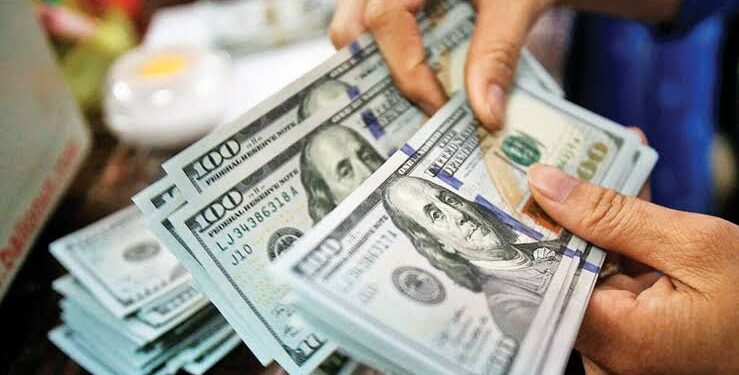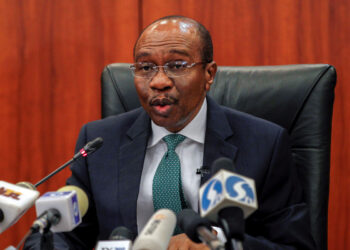According to recent data from the Central Bank of Nigeria, the country’s foreign trade payments have greatly declined significantly in the first seven months of 2024. It decreased by 57.04% to $391.91 million from $912.35 million during the same time last year.
There are various reasons that explain this huge reduction in Letter of Credit payments, which is one of the major modes of payment for the importation of visible goods, such as multinational companies leaving, customs duties soaring, and the erratic foreign exchange rate that has all hobbled Nigeria’s foreign trade.

February had the highest LC payments for this year at $102.59 million, followed by July with $79.65 million, and January with $58.33 million. However, payments fell drastically thereafter, with March recording $43.53 million; April having only $54.02 million; May reporting just about $21.48 million; and June recording a mere figure of about just $32.26 million.
The experts’ opinions regarding this trend point to the instability of exchange rates, high customs clearance charges, and major international companies leaving as the main causes of the decline. However, some analysts think that the recent tax exemptions on essential foodstuffs, coupled with a possible stability in the FX market, could result in a slight upturn.
The naira has undergone a drastic depreciation since May 2023, dropping about 70%, as poor results are being reported from CBN’s efforts to increase liquidity. High LC payment declines have been used to demonstrate more dollar availability within Nigeria’s monetary system; for instance, MTN paid their foreign debt obligations in some cases.
On one hand, the Letters of Credit outlook seems hopeful due to anticipated higher liquidity and more dollars coming into Nigeria. On the other hand, how LC payment cuts affect the economy is still being debated among experts.
Some believe it may lead to less importation and greater local production, while others are of the opinion that it can increase inflationary pressures, thereby slowing down progress economic progress.

















